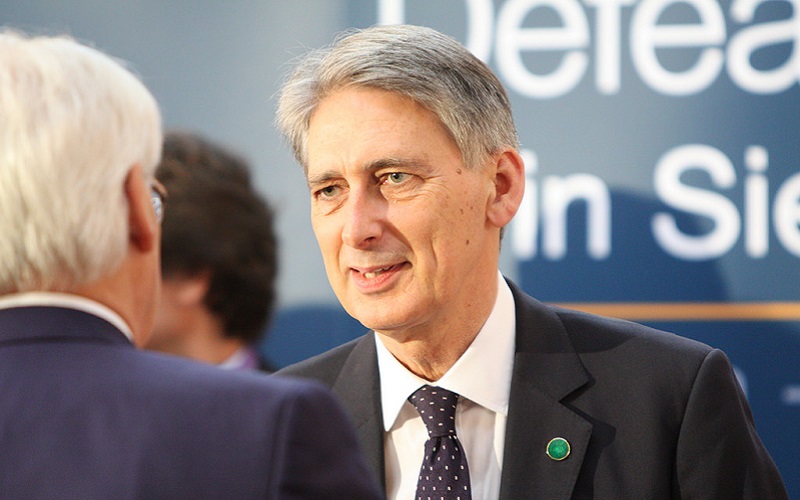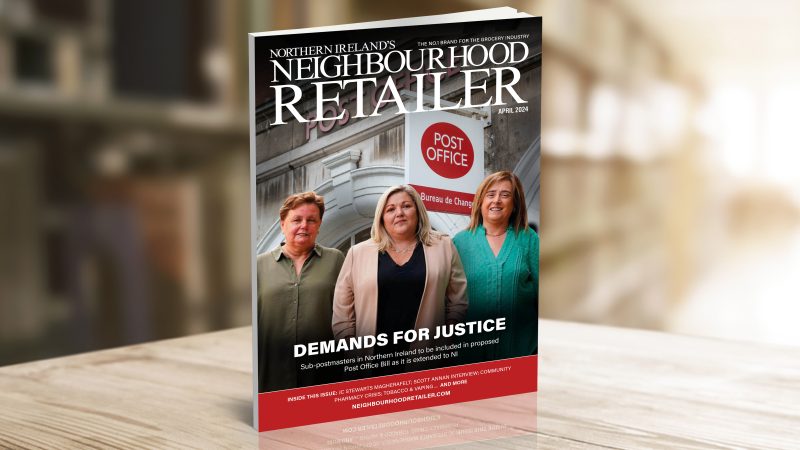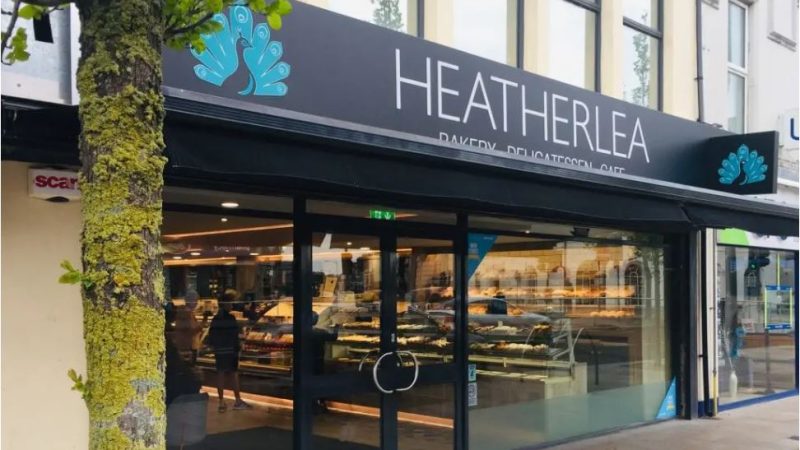Autumn Budget 2017 – What you need to know

Neighbourhood Retailer looks at what the 2017 autumn budget means for businesses in Northern Ireland.
£650m for Northern Ireland
On Wednesday Chancellor of the Exchequer, Philip Hammond announced his Autumn Budget 2017 and the government’s plans for the UK and Northern Ireland over the following year. One of the most significant revelations was that the government is to inject £650m into Northern Ireland in order to boost the economy and increase growth in the sector.
NI Chamber Chief Executive Ann McGregor commented: “While the Chancellor has allocated an extra £650m to Northern Ireland in the Budget over the next three years to 2020, there is no Executive in place so it is unclear how the money will be spent and where the priorities lie across key areas including the economy, infrastructure, health and education.”
Belfast City Deal
The Chancellor announced plans for a Belfast City Deal, which is an agreement between a government and a city that gives the city more control to take responsibility for decisions that affect their area, including increased involvement on how public money should be spent. While this is a success for Belfast, many are left feeling that Derry/Londonderry has been unfairly left out.
Retail NI chief executive Glyn Roberts said: “Retail NI has long championed the need for City Deals for Belfast and Derry and we welcome the Chancellor’s green light of negotiations for a Belfast Deal. However, we are disappointed and surprised that a City Deal for Derry was not included and will be raising this with the Secretary of State for Northern Ireland.”
Reduction in Business Rates
It was announced that the lower CPI (3%) instead of RPI (3.9%) inflation figures would be used when calculating the rates rise next April which John Webber, head of business ratings at Colliers International described as pleasing but warned against a “business rate system still in massive need of reform.” Glyn Roberts added: “The Chancellor had a great deal to say on reforming business rates, however many proposals will simply not apply to Northern Ireland as rating policy is devolved.”
Corporation Tax
The Chancellor also indicated a positive step towards lowering corporation tax in the region. NI Chamber Chief Executive Ann McGregor said: “We are relieved that the government remains committed to giving the Northern Ireland Executive the power to set the rate of corporation tax. But this will only happen once a restored Executive demonstrates its finances are on a sustainable footing. Subject to this, the government will consider an announcement in 2018-19 on implementing the regime.”
Rise in National Minimum Wage
The government has set out plans to increase the national minimum wage from £7.50 to £7.83 an hour in April. While this could have a negative effect on local business owners, Glyn Roberts is optimistic that the income tax free allowance increase to 11,850 will help to aid footfall and encourage a spending boost.
Fuel duty frozen until 2018
Originally announced in last year’s budget, Mr Hammond has revealed that he will once again freeze the fuel duty rise for both petrol and diesel that was due to rise in April 2018. Director of the National Franchised Dealers Association, Sue Robinson said: “It is positive ad highly beneficial for motorists and consequently the whole retail automotive industry that the rise in fuel duty for petrol and diesel was cancelled.”







